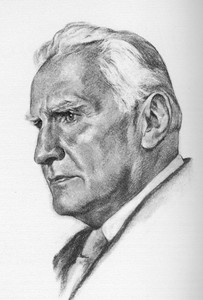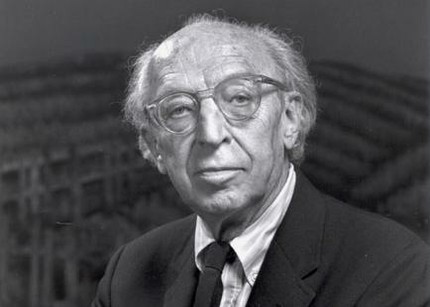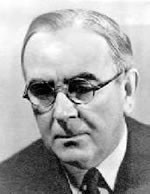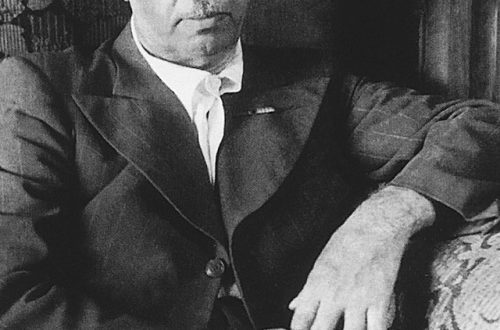
Walter Damrosch |
Contents
Walter Damrosch

Son of Leopold Damrosch. He studied music with his father, as well as with F. Dreseke and V. Rishbiter in Dresden; playing the piano with F. Inten, B. Bökelman and M. Pinner in the USA; he studied conducting under the direction of X. Bulow. From 1871 he lived in the USA. He began his career as a conductor as an assistant to his father. After his death in 1885-91, he directed the German troupe at the Metropolitan Opera in New York, and also headed the Oratorio Society (1885-98) and the Symphony Society (1885-1903). In 1895 he organized the Damrosch Opera Company, with which he toured the United States and staged R. Wagner’s operas. He also conducted his operas at the Metropolitan Opera (1900-02).
From 1903 to 27 he was conductor of the New York Philharmonic Society Symphony Orchestra. With this orchestra in 1926 he gave the first concert on the radio of the National Broadcasting Corporation (NBC). In 1927-47 music advisor to NBC. For the first time he performed in the USA a number of major works by European composers, including the 3rd and 4th symphonies of Brahms, the 4th and 6th symphonies of Tchaikovsky, Wagner’s Parsifal (in concert performance, 1896).
Compositions:
operas – “The Scarlet Letter” (The Scarlet Letter, based on the novel by Hawthorne, 1896, Boston), “The Dove of Peace” (The Dove of peace, 1912, New York), “Cyrano de Bergerac” (1913, ibid.), “Man without a homeland” (The Man Without a Country, 1937, ibid.), “Cloak” (The Opera Cloak, 1942, ibid.); sonata for violin and piano; for choir and orchestra – Manila Te Deum (1898), An Abraham Lincoln Song (1936), Dunkirk (for baritone, male choir and chamber orchestra, 1943); songs, incl. Death and General Putnam (1936); music and performance drama theater – “Iphigenia in Aulis” and “Medea” by Euripides (1915), “Electra” by Sophocles (1917).
Literary works: My musical life, N. Y., 1923, 1930.





